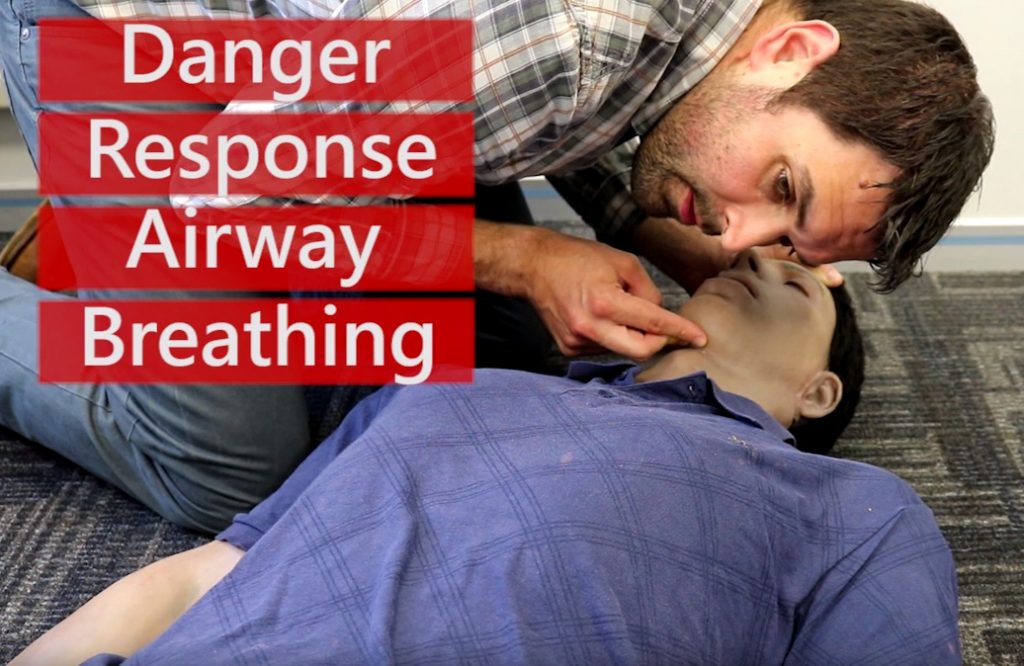Health and Social Care graduate, Rachel has gone on to a rewarding job as a Deputy Manager at Aspiris.
What do you find most fulfilling about your role?
I have been working in residential childcare management for almost a year. It can be extremely challenging but also rewarding. Having children come into your care from a background of abuse or neglect can be emotionally difficult, but the staff team work together to provide positive fulfilling moments and nurture.
It’s these moments and seeing the difference you make to these young people life’s that enable you to come to work every day.
It’s these moments and seeing the difference you make to these young people life’s that enable you to come to work every day.
Rebecca owen
What are some of the challenges that you face day-to-day in this sector?
COVID has caused further pressure on an already stretched sector. Young people have not been able to access support or help. This has had a detrimental impact on their well-being. These young people already face huge challenges in their lives by being in care, COVID has definitely added to that.
How has your time on the Health and Social Care degree helped prepare you for your new role? (this might be careers advice, interview tips, placements, simulation experiences etc.)
Confidence. Doing presentations has allowed me to find my voice and have the confidence to speak up. This has allowed me to advocate for Young people, in multidisciplinary meetings.
Where do you hope this job will take you career-wise?
I’m currently working towards being a registered manager.
As someone who is now working, what advice would you have for HSC graduates venturing into the workplace?
I started my current position as Deputy Manager with only childcare experience, not residential care. I researched the legislation and policies. I also built a network of people who work in the sector, which was very useful with interview tips and advice.
I treated my research like a uni essay, so the information gained was retained to memory. I also did voluntary work within the community, became a student mentor and course representative. This improved my skillset further and allowed my confidence within my own abilities to grow.
I would definitely advise anyone leaving uni to do the same. Build a network of people, research the skills, legislation and policies. Improve your skillset, beyond academic skills and really drive for what you want.




